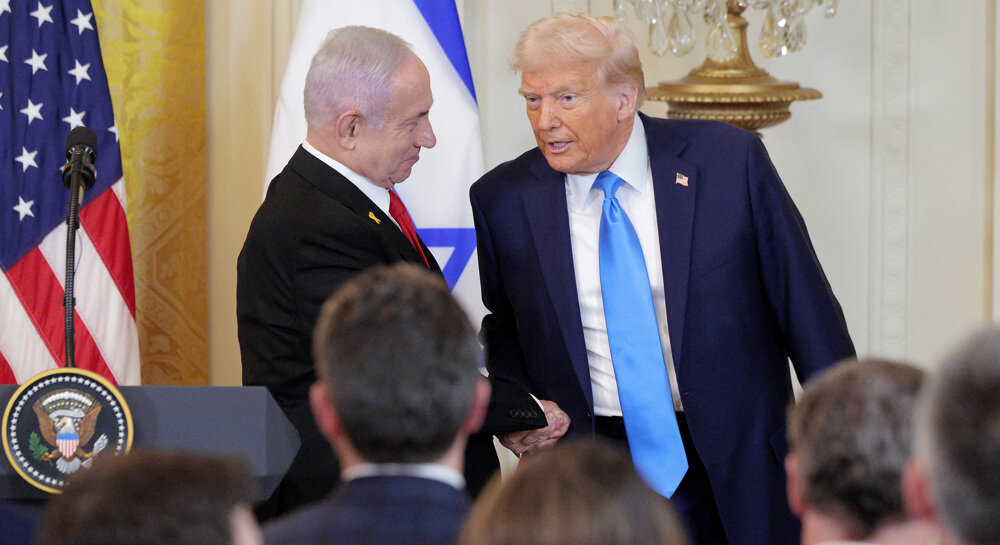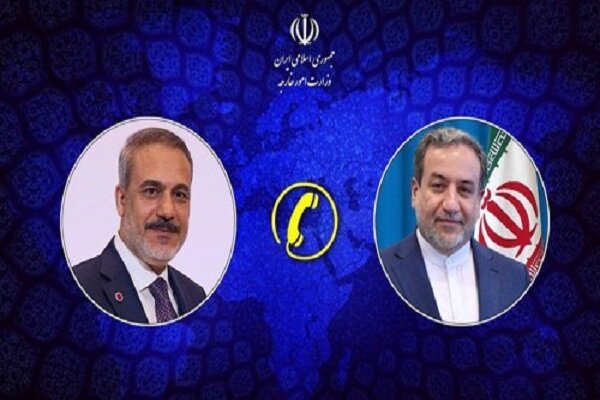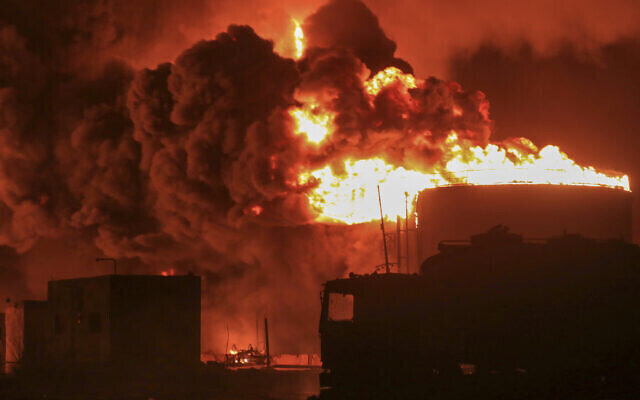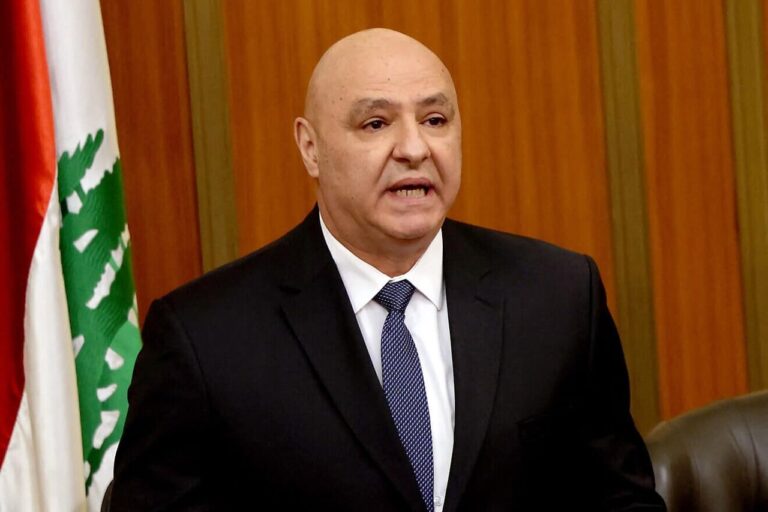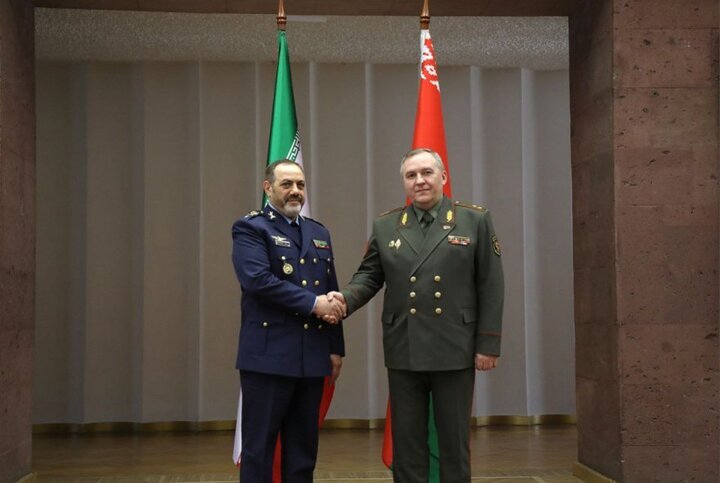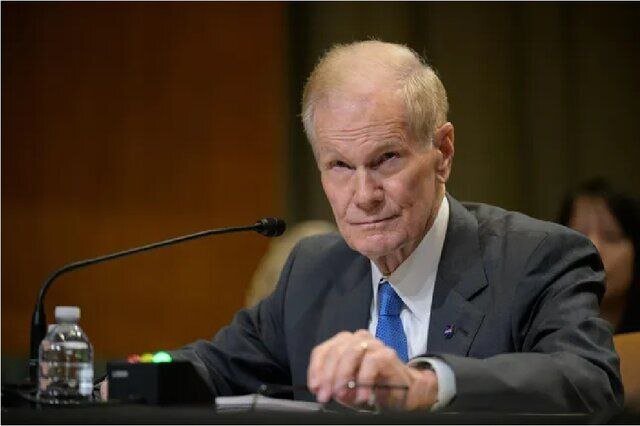Trump Imposes Sanctions on ICC Amid Global Backlash Against Gaza Plan
In a significant move that underscores the ongoing tensions between the United States and the International Criminal Court (ICC), President Donald Trump has signed an executive order imposing sanctions on the ICC. This decision is primarily driven by accusations of the court’s “illegitimate and baseless actions” targeting the U.S. and its close ally, Israel.
The executive order comes at a time of heightened attention to the ICC’s activities, especially regarding its investigations into American citizens and their allies. Here’s what you need to know about this pivotal development:
- Sanctions Imposed: The executive order enforces financial and visa restrictions on individuals and their families who are involved in ICC investigations relating to U.S. citizens or allies.
- Context of the Signing: Trump’s decision coincided with a visit from Israeli Prime Minister Benjamin Netanyahu to Washington, highlighting the close relationship between the U.S. and Israel.
- Arrest Warrant for Netanyahu: The ICC issued an arrest warrant for Netanyahu last November due to alleged war crimes committed during the conflict in Gaza, intensifying scrutiny on the Israeli government.
The implications of this executive order extend beyond the immediate relationship between the U.S. and the ICC. The European Union has expressed serious concerns, warning that these sanctions could undermine the integrity of the international criminal justice system.
The ICC, established to prosecute individuals for genocide, war crimes, and crimes against humanity, has often faced criticism from various nations. The U.S. has been particularly vocal against the court, asserting that its jurisdiction over American citizens infringes upon national sovereignty.
As the situation unfolds, it raises several critical questions about the future of international justice and accountability:
- Will the sanctions deter ICC investigations? There is a growing concern that such measures could discourage the ICC from pursuing cases involving U.S. citizens or its allies.
- Impact on international relations: This move could strain U.S. relations with countries that support the ICC and its mandate.
- Future of the ICC: The efficacy and authority of the ICC may be called into question, particularly if more countries follow the U.S.’s lead in opposing the court.
Critics of the sanctions argue that they pose a direct threat to the principles of justice and accountability that the ICC represents. The ICC’s role is vital in addressing crimes that occur in conflict zones, and limiting its ability to operate could have far-reaching consequences.
Moreover, this executive order may also spark a debate within the U.S. about the balance between national interests and international obligations. As global dynamics continue to shift, the relationship between sovereign nations and international institutions like the ICC will likely remain a contentious issue.
In conclusion, President Trump’s executive order sanctioning the ICC represents a significant development in the ongoing debate over international criminal justice. With the potential to impact not only U.S. foreign policy but also the future of the ICC, this situation warrants close attention from global observers.
The unfolding events will likely shape the discussion around accountability for war crimes and the role of international law in the years to come.
